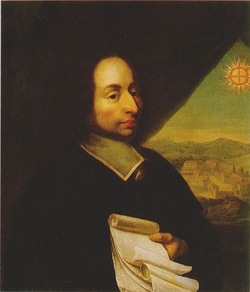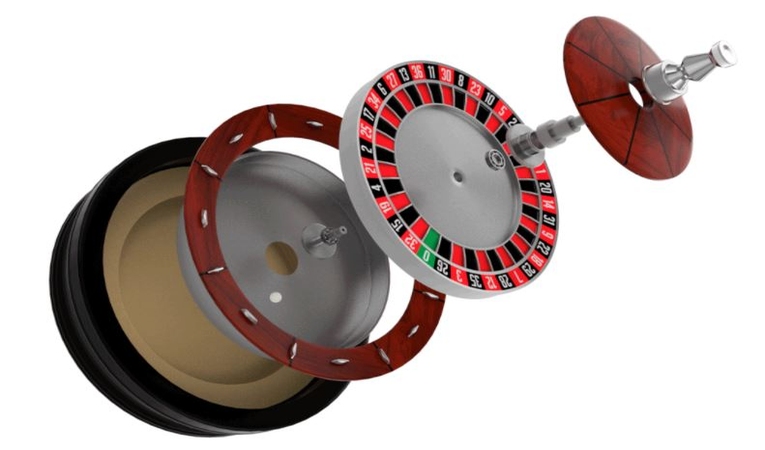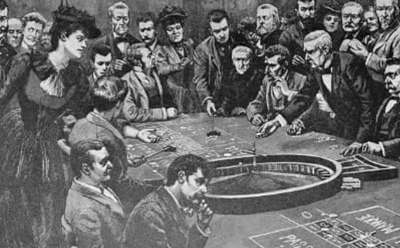 Less of a famous roulette player and more of a roulette creator, Blaise Pascal is the man that many credit with the invention of the game in the first place.
Less of a famous roulette player and more of a roulette creator, Blaise Pascal is the man that many credit with the invention of the game in the first place.
Yet despite this claim to fame he is relatively unknown to most players. It may well be because he is much more renowned for his other works, but it is nevertheless odd that his name doesn’t come up more often when roulette is discussed.
He was born in France way back in 1623 and celebrated as a child genius, writing complex papers on projective geometry when he was just 16.
He was also a gifted mathematician and inventor, playing a huge role in the development of modern economics and social science, as well as inventing the first mechanical calculator.
A clever chap then, but how did he come to create the roulette wheel?
How did Blaise Pascal Invent Roulette?

Well actually, it was a happy accident.
He was trying to achieve something else entirely, and something impossible too; a perpetual motion machine. This is a machine that moves forever without any external force helping it along.
It failed as it was always destined to, but not before the earliest example of a roulette wheel had been designed.
You can understand it if you think about how a roulette wheel spins; perfectly smoothly and balanced.
It may not have been able to move perpetually, but it was certainly a well constructed instrument that would be reliable in any situation where it might prove useful.
Did Blaise Pascal Create the Rules of Roulette?
 It wasn’t Pascal himself who came up with the concept of the game, but it was he who invented the wheel which gave others the idea for the game, so without him roulette may well never have existed.
It wasn’t Pascal himself who came up with the concept of the game, but it was he who invented the wheel which gave others the idea for the game, so without him roulette may well never have existed.
As for where the rules came from, this segment of history is less well known but we are certain it wasn’t Pascal who came up with them; the first record of people playing roulette as we know it today comes well after Pascal died in 1662, aged just 39.
In fact, it wasn’t until the 1800’s that it was first used for gambling, so until this point there wasn’t even a zero on the wheel. This was specifically added to create a house edge in what had up until then been nothing but a game of fun.
However, gambling games based on spinning shields or upturned cart wheels are thought to have been played as far back as the Roman times, so it’s not beyond reason to assume that someone got hold of his spinning wheel invention and saw the potential.
The full truth will never be known, but that doesn’t alter the fact that without Blaise Pascal attempting to defy the laws of physics.
